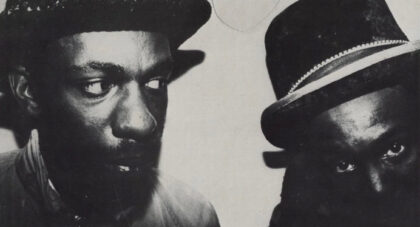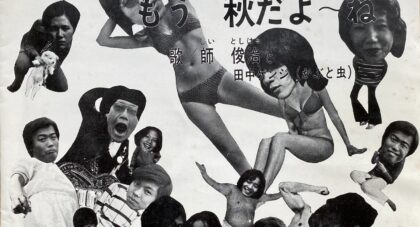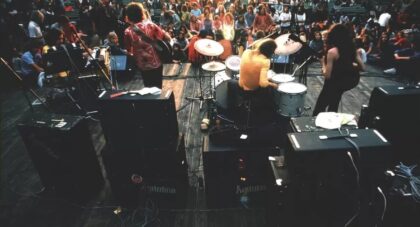Willie Nelson is — no argument — among the five best living songwriters on either side of the pond. Sure, lately he's become more interested in preserving his image as America's Stoned Grandpa than he is in making the aching sort of music he made back when he was still an actual red-headed stranger, but he's comfortable these days, and comfort has never been good for country music. Johnny Cash . . .
Only the good shit. Aquarium Drunkard is powered by its patrons. Keep the servers humming and help us continue doing it by pledging your support.
To continue reading, become a member or log in.


